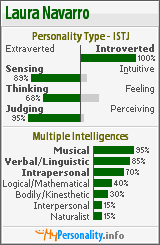A few short blurbs about books I’ve read lately.
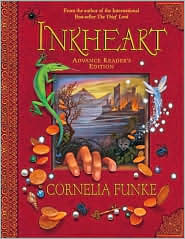
First: Inkheart
by Cornelia Funke.
I got this from the library. I started out at position 40 on the hold list, but it came pretty quickly. I read it and returned it just as quickly so someone else can get it. I didn’t fall in love with the book or really connect with any of the characters, but I did find the premise interesting.
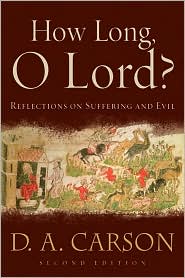
Next: How Long, O Lord?: Reflections on Suffering and Evil
by D. A. Carson. I can’t remember where I saw a review of this book, but it looked interesting. I bought it on the Kindle and started it shortly after finishing up Spectacular Sins: And Their Global Purpose in the Glory of Christ
by John Piper and while listening to Foxe: Voices of the Martyrs
.That makes for a lot of suffering in one month. Carson and Piper are very biblical in their analysis of suffering and sin. I found How Long, O Lord? slow reading because there was so much in ever chapter. He is a challenging read because he uses sophisticated arguments and big words. He provides definitions and context so it isn’t frustrating. But he expects the reader to think and to be prepared to go deep into the subject. I will be reading this one again.
He has a real sympathy for people suffering and a real understanding of why this is not an easy topic with short or glib answers. He also points out that the book is not written for people currently in the midst of great suffering, but instead for preparing Christians for suffering when it comes, because it will come.
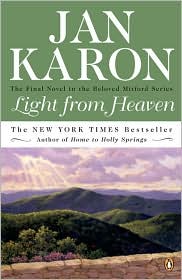
Third: Light from Heaven (The Mitford Years, Book 9)
by Jan Karon.This was a soothing interlude while working through How Long, O Lord. I love the daily Christian walk and the many characters we meet in Mitford.
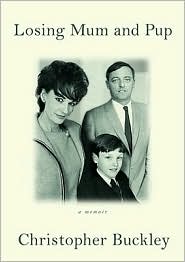
Fourth: In the RSS feed from our library I found a book by Christopher Buckley about dealing with the loss of both his parents with 12 months. I enjoy his humor, I discovered William F Buckley, Jr only in the last few years, and I lost my father in October, so I checked it out. Losing Mum and Pup: A Memoir
is a very interesting mix of grieving, handling the many expectations and demands and wishes of a busy life, and a respect and love for two very quirky and special parents. This is very much a book about dying or watching someone you love die. It is also about the regrets and frustrations that often accompany watching a parent die. And about dealing with the aftermath, the decisions, the condolences, and the follow-up.
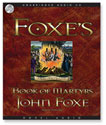
Finally: I have been listening to the free audio book from ChristianAudio.com. This month it is Foxe: Voices of the Martyrs
. I’m not finished yet, but I am to the last 1/3rd, the Marian Persecutions.
This has been an interesting book. It begins with persecutions right after the death of Christ and the first few centuries. Then it moves to Catholic persecutions of protestants. I had forgotten how many people broke with the Catholic church’s insistence on transubstantiation and worship of the saints 100+ years before Martin Luther. Due to workouts and other things I have listened to large swatches of this book at a time (it is 19 hours) and at times the unrelenting death of so many believers can be overwhelming. As I have said elsewhere, reading other books on sin and suffering by John Piper and D. A. Carson have helped put this in some perspective. In fact, in How Long, O Lord by Carson he makes the statement that “it is not normal to never hav an incident in life where professed allegiance costs” and then he recommends reading Foxe’s Book of Martyrs.
The book was written as an affirmation of the Protestant Reformation during the reign of Queen Elizabeth I, of England. Yet, it admits to some barbarity on the part of Protestants when they have the upper hand. I don’t doubt that there was some selectivity in choosing the material and the anti-Catholicism and persecutions that arose (perhaps encouraged by this book) were wrong. However, the persecutions performed by the Catholics, the belief that death was the proper punishment for disputing non-biblical portions of Catholicism, the fact that Protestants felt strongly enough about the dangers of superstitions about Communion and Saints that they would risk death are all very thought-provoking. The wikipedia article points out that some say the section on the Marian persecutions leaves out the political aspects that were mingled in with the religious issues. I agree that this section doesn’t seem to spend much time recognizing that part. But the earlier section on the medieval period made it pretty clear that getting more attention than the Jesuits could result in political maneuvering that would lead to a conviction of heresy and death.



